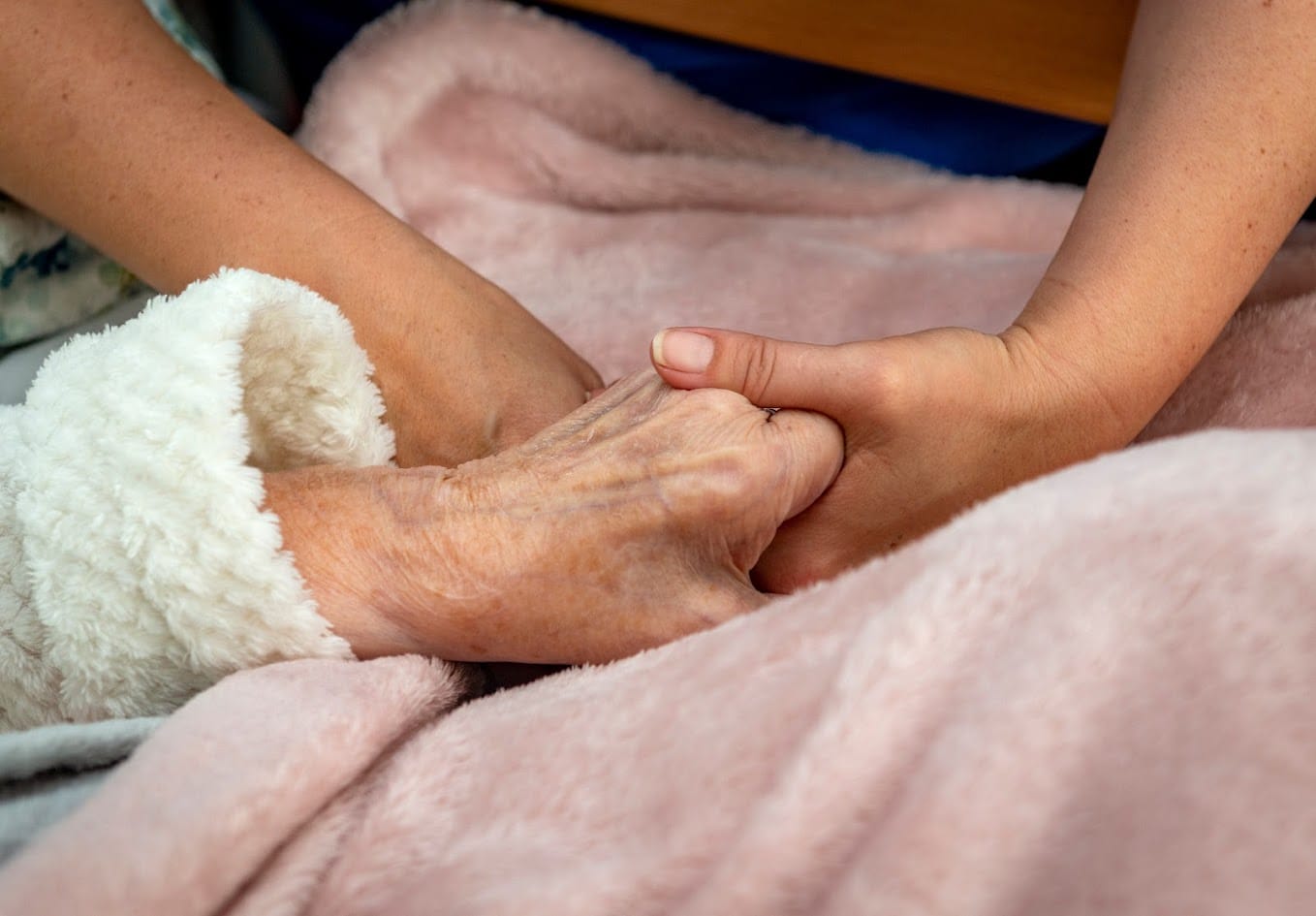Recognizing the Signs of Dementia: Early Detection for Better Care
As the aging population continues to grow, there is a pressing need for quality care services that enable individuals to age gracefully in the familiar surroundings of their own homes. Domiciliary homecare, also referred to as home-based care, has emerged as an exceptionally effective and preferred option for many clients, especially those dealing with dementia. At Caremark Kensington, Chelsea, and Westminster, we are dedicated to providing specialized support to ensure that individuals with dementia feel safe and comfortable at home, emphasizing the unique benefits of our home care services.
Dementia is a progressive and debilitating condition that affects millions of individuals worldwide, especially the older population. It is not a specific disease but a general term for a decline in cognitive abilities severe enough to interfere with daily life. Early detection of dementia is crucial for timely intervention and support. In this article, we will explore the key signs of dementia to help readers recognize the symptoms and seek appropriate medical attention for their loved ones or themselves.

Memory Loss
One of the most common early signs of dementia is memory loss. Occasional forgetfulness is normal, but individuals with dementia may forget important dates, events, or appointments frequently. They may ask the same questions repeatedly, or they might forget recent conversations, names of close family members, or where they put their belongings.
Difficulty with Problem-Solving
Individuals with dementia may experience difficulties in planning and problem-solving. Simple tasks that once were routine may become challenging, such as following a recipe or paying monthly bills. They may also struggle with tasks that require multiple steps or decisions.
Confusion with Time and Place
People with dementia may lose track of time, seasons, or even their current location. They may become disoriented and find it hard to comprehend the passage of time. It is not uncommon for someone with dementia to forget how they got to a specific place or how to return home.
Difficulty with Language
A person with dementia may struggle to find the right words when communicating. They might have trouble following a conversation, repeat themselves, or lose their train of thought frequently. This can lead to frustration and withdrawal from social interactions.
Poor Judgment and Decision-Making
Individuals with dementia often exhibit poor judgment and decision-making skills. They may make questionable financial choices, such as giving large sums of money to strangers or falling victim to scams. Additionally, they might dress inappropriately for the weather or neglect personal hygiene.
Withdrawal from Social Activities
As dementia progresses, individuals may start to withdraw from social activities and hobbies they once enjoyed. They may become disinterested or find it difficult to participate actively in conversations, leading to feelings of isolation and depression.
Changes in Mood and Personality
Dementia can cause significant mood swings and alterations in personality. An individual who was once easygoing may become irritable, anxious, or suspicious. These mood changes can create additional challenges in caregiving and relationships.
Misplacing Items and Accusations of Theft
A person with dementia may frequently misplace items and often accuse others of stealing. These accusations can lead to strained relationships with family members, friends, or caregivers.

In Conclusion
Domiciliary homecare, with a specialized focus on dementia support, is a valuable and effective means of improving the quality of life for clients. At Caremark Kensington, Chelsea, and Westminster, our commitment to providing a dignified and fulfilling life includes specialized care for individuals with dementia. By offering personalized care in the comfort of their own homes, we ensure that individuals facing dementia challenges can maintain their independence, enjoy familiarity, and foster meaningful relationships with their caregivers. Additionally, our domiciliary homecare contributes to better health management, reduced infection risks, and alleviated burdens on family caregivers, making it an indispensable component for promoting a dignified life for clients as they age and face the complexities of dementia.
Remember, early detection empowers individuals and their families to access resources, make informed decisions, and ensure the best possible care and support during the journey with dementia. Moreover, researchers are continuously working on understanding and treating dementia, so early intervention may open doors to participate in clinical trials and explore emerging therapies. By raising awareness and fostering a supportive environment, we can collectively work towards a dementia-friendly world.
Please see below links for further information on Dementia